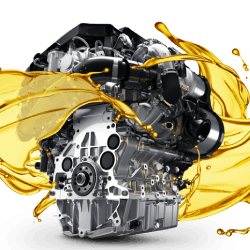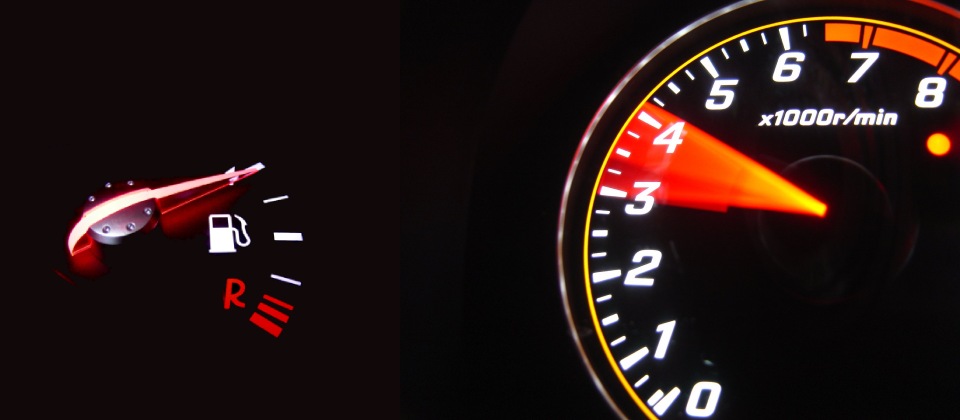The essence of any motor race lies in the speed and power of the racing vehicles. These are not mere machines; they are finely tuned, high-performance beasts that need the best in everything, including the fuel to feed them. This is where racing fuel comes into play. Unlike regular fuel, racing fuel is specially formulated to meet the demanding needs of racing car engines. Understanding its unique properties and how it contributes to the overall performance is crucial for anyone involved in the motorsport industry.
What Fuel is Used in Racing
What Fuel is Used in Racing? – A question for a million dollars. The most common types of racing fuel include gasoline, methanol, nitromethane, and ethanol.
Gasoline is the most commonly used fuel in most types of motor racing. It is similar to the fuel used in everyday vehicles but has a higher octane rating, making it more resistant to knocking or detonation. Methanol, on the other hand, is used primarily in drag racing due to its ability to produce more power than gasoline. Nitromethane is another type of racing fuel used in drag racing. It is extremely volatile and provides a significant power boost, but it is also very expensive and dangerous to handle.
Ethanol is a relatively newer addition to the list of racing fuels. It is a renewable biofuel that is increasingly being adopted in various motor racing circuits due to its lower environmental impact. The short answer about What fuel is used in racing? – Depends on the vehicle and the racing car driver.
How to Choose the Right Racing Fuel for Your Vehicle
While octane rating is an important consideration, other factors such as the type of engine, racing conditions, and rules of the racing event also play a significant role.

First and foremost, it is essential to understand the specifications of your vehicle’s engine. Some engines are designed to run on specific types of fuel, and using a different kind can lead to reduced performance or even damage. For instance, engines designed for methanol fuel may not perform well with gasoline or nitromethane.
The conditions of the race are another important consideration. For example, in drag racing, where the goal is to achieve maximum acceleration over a short distance, a fuel that provides a high power boost, like nitromethane, maybe the best choice. However, in endurance racing, where fuel efficiency and engine reliability are more important, racing fuel octane may be more suitable.
Finally, the rules of the racing event must be taken into account. Certain racing events may only allow specific types of fuel, or they may have restrictions on the maximum allowable octane rating.
The Science Behind Racing Fuel Octane
Octane rating is a measure of a fuel’s resistance to knocking or detonation, which is a form of abnormal combustion that can cause damage to the engine. A higher octane rating means the fuel is less likely to detonate prematurely, allowing the engine to run at higher compression ratios and produce more power.
In the context of racing fuel, the racing fuel octane rating is even more critical due to the high-performance demands of racing engines. These engines operate at much higher compression ratios than regular engines, requiring fuel with a high octane rating to prevent detonation.
For instance, regular gasoline usually has an octane rating of around 87 to 93, while racing gasoline typically has an octane rating of 100 or higher. Methanol and nitromethane have even higher octane ratings, making them suitable for the extreme conditions of drag racing.
Comparing Different Types of Racing Fuels
As mentioned earlier, there are several different types of racing fuels, each with its own set of properties and advantages. Gasoline, methanol, nitromethane, and ethanol are the most common types of racing fuel, and each has its own unique characteristics.
Gasoline is the most widely used racing fuel due to its availability and relatively low cost. It provides a good balance of power and fuel efficiency, making it suitable for a wide range of racing applications. However, it does have a lower octane rating compared to other racing fuels, which can limit its performance in extreme conditions.
Methanol and nitromethane are known for their high octane ratings and high power output, making them ideal for drag racing. However, they are more expensive and more difficult to handle than gasoline. They also have lower fuel efficiency, which can be a disadvantage in endurance racing.
Ethanol is a renewable biofuel that offers similar performance to gasoline, but with a lower environmental impact. It has a high octane rating, making it suitable for high-performance engines. However, it requires specialized engines to burn efficiently and can be more expensive than gasoline.
Benefits of Using High-Octane Racing Fuel
Using racing fuel octane has several advantages, particularly in the context of motorsports. Firstly, it allows the engine to run at higher compression ratios, which leads to more power and speed. This is crucial in racing, where every bit of power can make the difference between winning and losing.

Secondly, it is less likely to cause knocking or detonation, which can damage the engine and reduce performance. This is particularly important in racing, where the engines are pushed to their limits and are more prone to detonation.
Provides more consistent performance, as it is less affected by changes in temperature and pressure. This consistency can be a significant advantage in racing, where unpredictable changes in conditions can affect the performance of the car.
Different Prices for Different Fuels
Racing fuel price depends on the type and quality. Gasoline is usually the cheapest option due to its widespread availability and relatively simple production process. Methanol and nitromethane are more expensive due to their higher octane ratings and more complex production processes. Ethanol can also be more expensive than gasoline due to the cost of producing and refining the biofuel.
However, it is important to remember that the racing fuel price is only one factor to consider when choosing a racing fuel. The performance benefits and suitability for the specific racing conditions and engine specifications are equally if not more, important considerations.
Conclusion
Racing fuel is a vital component in the world of motorsports, playing a crucial role in unlocking the speed and power of racing vehicles. Whether it’s gasoline, methanol, nitromethane, or ethanol, each type of racing fuel has its own unique properties and advantages.
Choosing the right racing fuel involves careful consideration of various factors, including the type of engine, racing conditions, and rules of the racing event. The racing fuel octane is an important aspect, but it’s not the only factor to consider.

